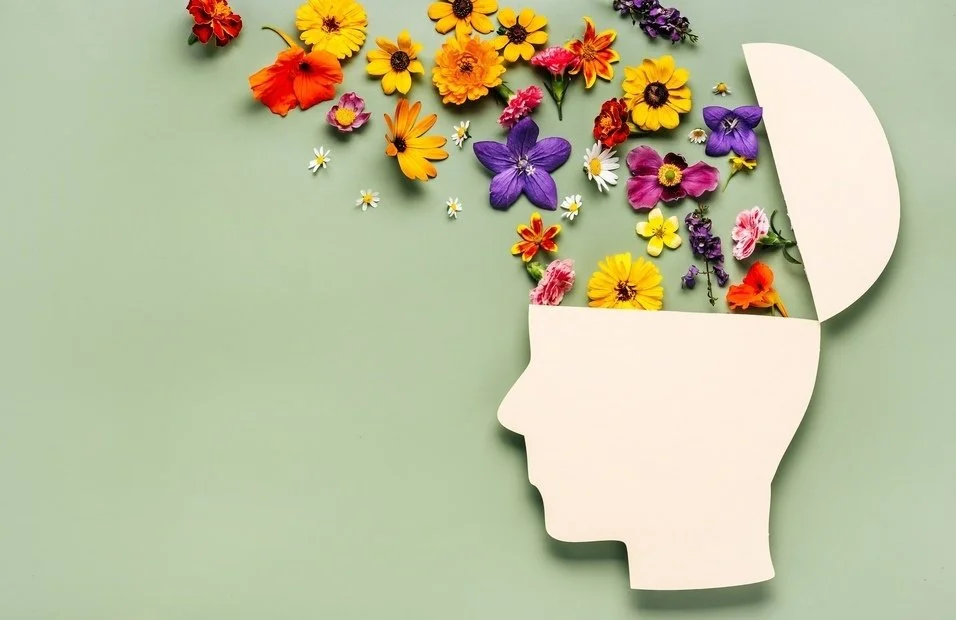The Psychology Behind Loss and Nostalgia
The holidays can be a warm, welcoming time of the year when you can spend time with family and friends you don’t see often. However, it can also bring up feelings of nostalgia or sadness for those who have passed and are not with your family this year or for the time that is passing by.
This is even more apparent for the many families and individuals who have lost loved ones during the COVID-19 pandemic whether it was because of COVID or other tragedies as well. While nothing can replace the presence of the loved one who left us, feelings of loss and nostalgia are natural and usually go hand-in-hand.
Have you ever heard a song on the radio that you used to listen to a lot when you were younger? And it makes you feel warm inside and a little bit sad? This feeling can arise from a familiar smell or movie too. This feeling is often described as bittersweet. Ever felt it? That is nostalgia.
According to Merriam-Webster, the meaning of nostalgia is “pleasure and sadness that is caused by remembering something from the past and wishing that you could experience it again.” The word is derived from the Greek language, with nostos meaning homecoming and algos meaning ache.
Nostalgia used to be considered a bad thing that harms our health and well-being. Historical scholars believed that nostalgia brough upon sadness or uncomfortable feelings, when in reality it’s the opposite: those uncomfortable feelings bring nostalgia upon us. Nostalgia can actually be a good thing.
The Southampton Nostalgia Scale, created by Dr. Constantine Sedikides, was a tool used in various studies that uncovered how nostalgia does quite a bit of good for us. The results showed that nostalgia can counteract loneliness, boredom, and anxiety. When people feel nostalgia together over shared memories, it brings them closer together. It can make people more tolerant of strangers.
Nostalgia does have a sad side that is often described as a bittersweet feeling. But that bittersweet feeling and reflecting on the past can lead us to being excited about the future and what it holds.
There are several, explicit mental health benefits of nostalgia. These include:
Stress Reduction:
Nostalgia has the power to reduce our stress levels. Nostalgia helps people reflect on their past and apply it to their present, which can boost their mood and reduce their stress. It offers a more positive and constructive way to connect with our pasts.
Empathy:
Nostalgia elicits stronger feelings of connectedness with our surroundings, which can lead to heightened generosity to strangers and acceptance of outsiders. This is largely because nostalgic memories often arise from feelings of loneliness.
Warmth
Nostalgia literally warms us up. When a person is cold, nostalgia will warm their body temperature. A study done in southern China uncovered one of nostalgia’s interesting benefits: they found that colder days and rooms elicited nostalgia more often. Nostalgia also made them more tolerable of the cold. When a person recalled something nostalgic, they believed that the room they were in was warmer than it actually was.
Transitions
Those who experience nostalgia more often can handle transitions and acceptance of death and loss more often than those who do not experience it often. If we are able to reflect positively and lovingly on memories of those we lost, it reminds us that death is not the end-all, be-all of life. Memories and love persist.
“Nostalgia makes us a bit more human,” Dr. Sedikides says. According to this New York Times article, most people report experiencing nostalgia at least once a week, and nearly half experience it three or four times a week. With those kinds of numbers, it’s a good thing nostalgia is beneficial to us and to society.
What makes us feel nostalgic?
1. Looking at photos
2. Listening to music
3. Watching a movie
4. Listening to a loved one tell a story
5. Reading a book or a poem
There are plenty of other actions and thoughts that can elicit nostalgia if you’re looking to incorporate it more into your daily life. Try to embrace your nostalgia this holiday and share those feelings with your loved ones to feel more connected.
If this holiday season brings up painful memories that you feel you need to work through, please reach out to us. Our team of therapists is here to provide support and guidance. We look forward to connecting with you.






